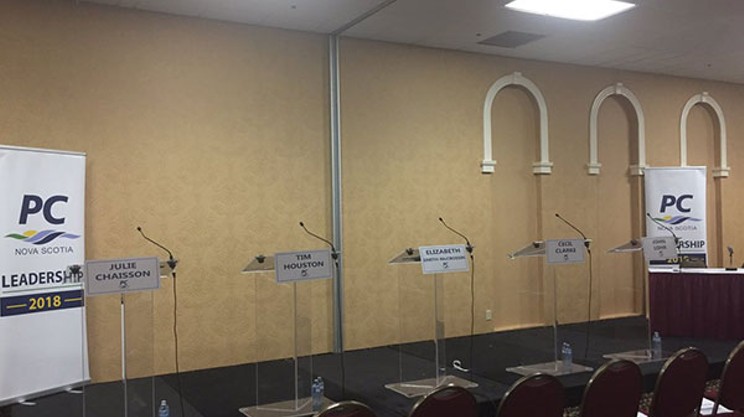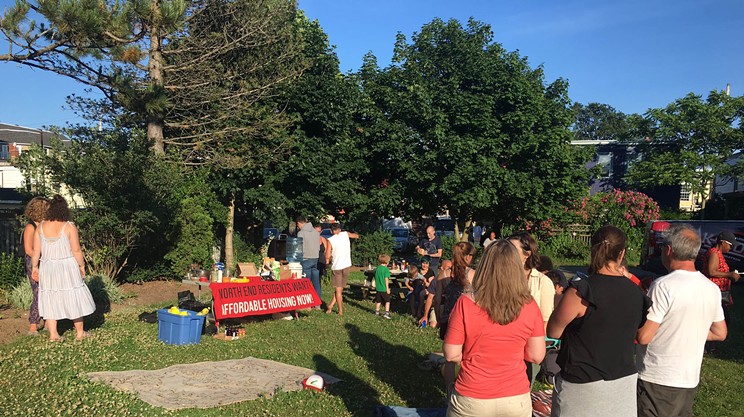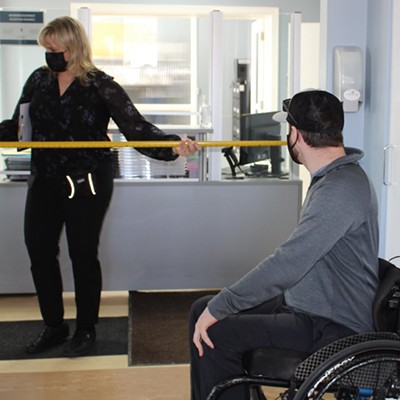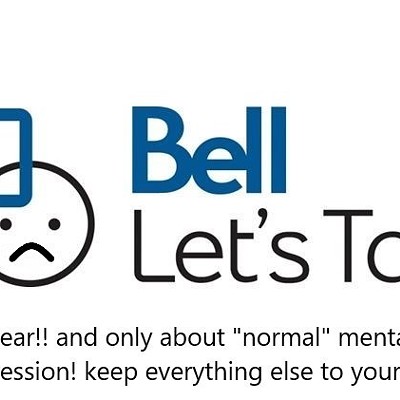
The disabled community is the most diverse community of all. We are all races, ethnicities, religions, et cetera. And people may “join” our community and leave after a time, such as after surgery that impairs mobility or the other senses.
Given enough time, we all become disabled by age. There is such a shame surrounding being disabled that many elderly people won’t call themselves disabled. Someone who has the accessible parking hanger tag will possibly not describe themselves as having a disability as a point of pride.
Everyone finds disabled kids cute and inspirational. This weekend over $6 million was raised for the children's hospital. Disabled adults aren’t as cute. The elderly, disabled by age, are supposed to be respected and cared for in their sunset years. The reality is often less than ideal, and instead of telethons, we have programs cut that diminish our lives. We have “sheltered workshops” where adults with intellectual disabilities work for sweatshop wages, acceptable because it is presumed pennies an hour is preferable to nothing at all, an argument no one would allow about any other group of adults.
Another elderly person died very recently from an entirely and easily-prevented pressure sore, caused by lack of relief in sitting in a wheelchair or lying in a bed. It begins as redness and in the end, is often a fist-sized hole in a person’s leg or buttock that becomes infected, leading to a bloodborne infection called sepsis, which requires painful yet necessary surgery involving debridement of dead tissue and months, often years, of wound care and often skin grafts.
With normal care and checking of skin, these wounds are preventable.
My plea is that the premier becomes able to see the irony in championing the wonderful Bill 59 Accessibility Bill out of one side of his mouth while defending cutbacks in funding for housing out the other side.
This isn’t even addressing the warehousing and segregation of people in mental hospitals. That’s a rant for another day.
Yes, I am angry about this. As someone who has lived two years in hospital and almost four in a care home and has lived this, I’m pleading for the government and public to see this as an issue that affects the disabled directly, but everyone indirectly for now, and quite probably everyone in the future.
Since the elderly have been disabled by age, it follows that not ensuring adequate funding for the elderly in care homes is a glaring example of ableism at its worst, as economic grounds are used to justify bureaucratic neglect. A glaring example involving the hypocrisy of crowing about one set of enabling legislation while allowing preventable deaths resulting from institutional and more importantly governmental neglect to occur.

















